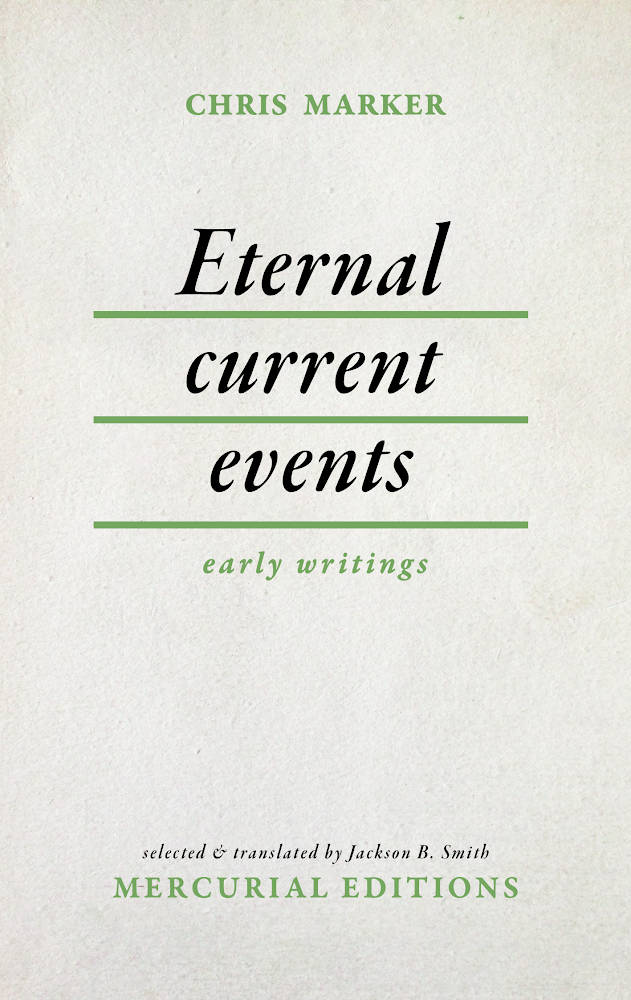
Museum of Modern Art, New York
Signals: How Video Transformed the World
Stuart Comer ed., Michelle Kuo ed.
Since its debut as a consumer medium in the 1960s, video has shaped our opinions, our politics and our societies. On our phones and computer screens, walls and streets, it defines new spaces and experiences—spreading memes, lies, fervor, fact and fiction. In other words, video has transformed the world.
Featuring works from the collection of the Museum of Modern Art, New York, this illuminating exhibition catalog—MoMA's first major publication on video art in nearly 30 years—explores the ways in which artists have both championed and questioned video's promise, some hoping to create new networks of communication, democratic engagement and public participation, others protesting commercial and state control over information, vision and truth itself.
Lavishly illustrated essays by esteemed scholars and artists—including Ina Blom, Aria Dean, David Joselit, Pamela M. Lee, Glenn Ligon and Ravi Sundaram—highlight video's widely varied formats, contexts and global reach. Signals is a manual for understanding the present, an era in which video has pervaded all aspects of life.
Language: English





